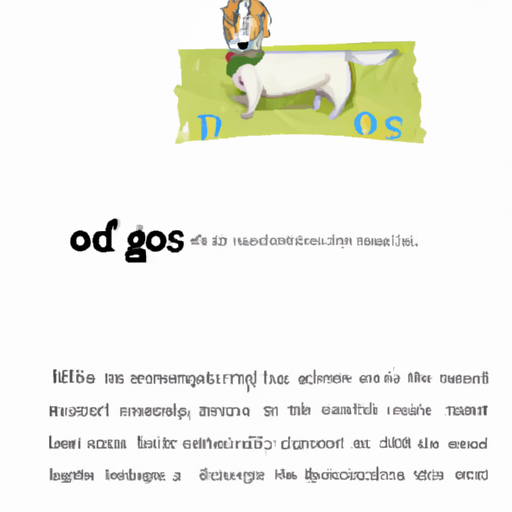As a caregiver, you often find yourself in the position of not only tending to the physical needs of those in your care, but also connecting with them emotionally. Understanding their language, including slang, can be a vital part of this connection. In this article, we are going to delve into what “dogs” mean in slang.
Understanding the Origins of Slang
Slang words are an essential part of every culture and language. They add color, emotion, and a sense of belonging to our conversations. Slang can be region-specific, age-specific, or even situation-specific. The term “dogs,” for example, is slang that has been used in various contexts throughout history.
- Feet: In a literal sense, dogs are man’s best friend. However, in the world of slang, “dogs” often refers to our feet. This usage originated from cockney rhyming slang, a form of language used in the East End of London.
- Friends: In some contexts, “dogs” can also refer to close friends or companions, similar to the way we use “buddy” or “mate.”
- Ugly women or men: Sadly, “dogs” can sometimes be used derogatorily to refer to someone considered unattractive.
How to Use “Dogs” in Your Everyday Language
As with any slang, the key to using “dogs” effectively is understanding the context. Here are some tips:
- When you’re tired after a long day of work, you might say, “My dogs are barking,” meaning your feet are sore.
- If you’re heading to a meet-up with friends, you could say, “I’m off to see my dogs.”
- Be careful when using “dogs” in reference to people. Remember, slang can often be misinterpreted.
The Evolution of “Dogs” in Slang
Language is a living entity, constantly evolving and changing. The same is true for slang. The table below shows how the term “dogs” has evolved over time.
| Time Period | Meaning of “Dogs” |
|---|---|
| 1900s | Feet |
| 1950s | Friends |
| 2000s | Ugly women or men |
The Impact of Slang on Communication
While many see slang as a deterioration of language, it actually enriches communication by providing new, creative ways of expression. Slang, like “dogs,” infuses conversations with cultural flavor and personal touch. It can also be an effective tool for caregivers to better understand and connect with those they are caring for.
FAQ
1. Why is “dogs” slang for feet?
It’s believed to originate from cockney rhyming slang where “dog’s meat” rhymed with “feet.”
2. Is using the term “dogs” offensive?
It can be if used to refer to a person in a derogatory manner. Always be aware of your audience and the context.
3. How can I keep up with the changes in slang?
Following pop culture, engaging with diverse age groups, and utilizing online resources can help you stay up-to-date with slang terms.
Language, especially slang, is a wonderful gateway to understanding and empathy. As a caregiver, the more you understand, the better you can connect. So, the next time someone mentions their “dogs,” you’ll know exactly what they mean.



